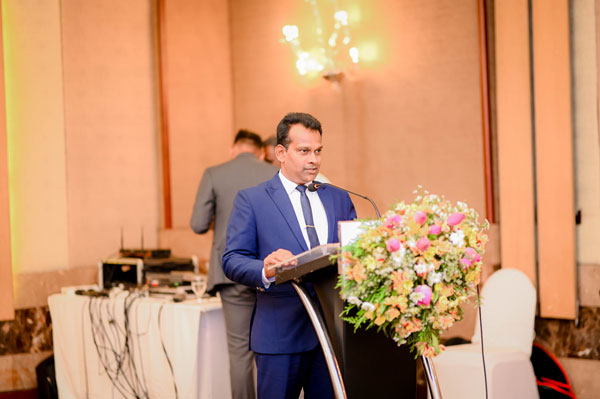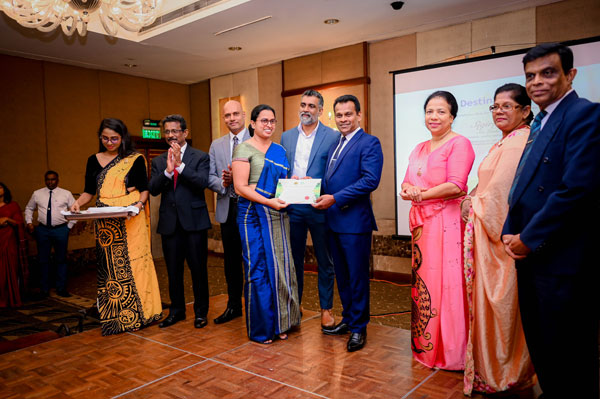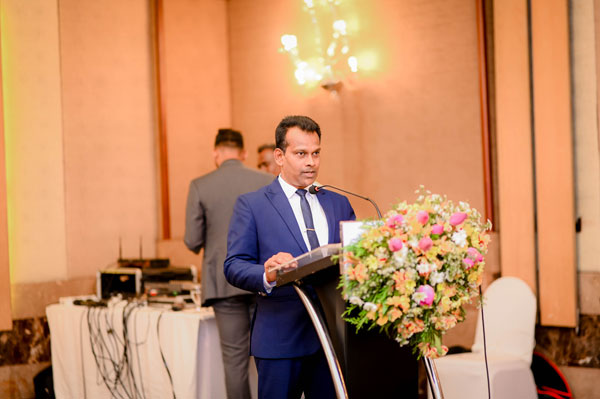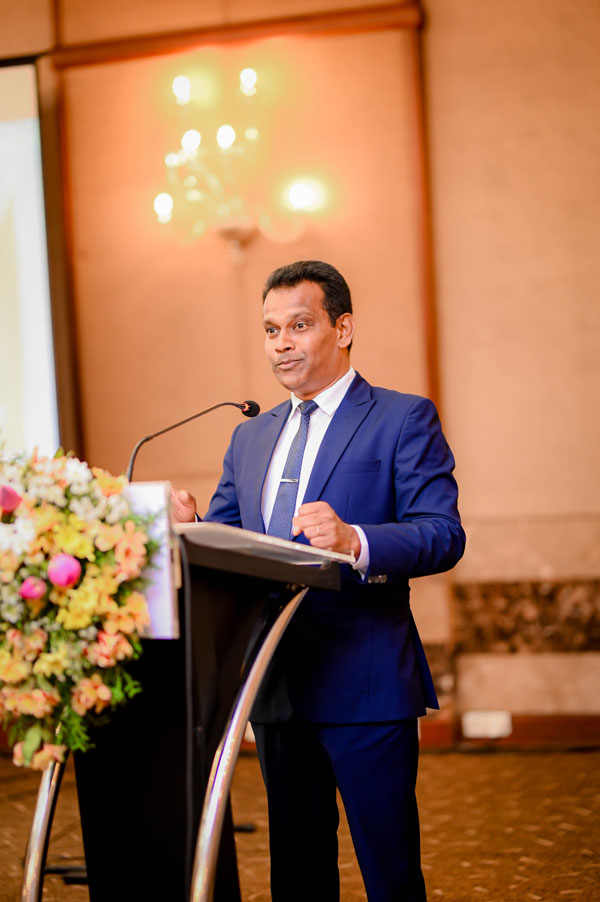Sri Lanka is making significant strides in the global movement toward sustainable tourism, with several key initiatives now reaching critical milestones. These efforts are helping to protect the island's natural and cultural resources, enhance energy and resource efficiency, and most importantly, deliver real benefits to local communities.
The concept of Sustainable Tourism Certification in Sri Lanka began in 2018 with technical guidance from the Global Sustainable Tourism Council (GSTC) and financial support from the UNDP BioFIN Project. In 2019, the National Sustainable Tourism Certification (NSTC) system was successfully piloted, certifying 37 hotels across the island.

Sri Lanka marks milestone in Sustainable Tourism with ‘Destination- Sigiriya’
Further progress was marked with the launch of the Sustainable Destination Certification initiative in 2023, which concluded in 2024 with Sigiriya being officially declared Sri Lanka's first Sustainable Destination, following Cabinet approval. This achievement was supported by a comprehensive Destination Management Plan developed by the Asian Development Bank (ADB), which also aims to enhance surrounding attractions in the area.
The internationally recognized body Green Destinations, accredited by the GSTC, is collaborating with Sri Lanka Tourism Development Authority (SLTDA) and other stakeholders to guide this process. The Small and Medium Enterprise (SME) sector is also seeing growth through the "Good Travel" certification programme, with over 200 businesses island-wide now participating in the second round under the continued support of UNDP BioFIN.

Ms.-Tharanga-Rupasinghe,-Director-,SLTDA-recieving-her-certificate-of-appreciation
Recognizing the need to focus more on accommodation and tour operations, the SLTDA established a dedicated Sustainable Tourism Unit (STU) headed by the Deputy Director General (DDG/SLTDA). To strengthen industry engagement, a sustainability self-assessment system was introduced in collaboration with Solidaridad Sri Lanka, enabling businesses to assess and improve their sustainability performance.
These achievements are the result of strong partnerships with numerous institutions, including:
UNDP - primary funder of the national sustainable tourism programme;
ADB - for supporting destination planning and infrastructure development;
Solidaridad Sri Lanka - for awareness campaigns, community outreach, and the sustainability assessment platform;
Central Cultural Fund (CCF) - for unwavering commitment and inter-agency cooperation;
UDA, Forest Department, Department of Wildlife Conservation, Central Environmental Authority (CEA), DS Office Dambulla, and the Sigiriya-Dambulla Pradeshiya Sabha;
Sigiriya Hospital, and local defense institutions;
Tourism industry associations - SLITO, THASL, TAASL, ASMET, the Cultural Triangle Tourist Hotels Association, and grassroots groups such as guides, three-wheeler associations, and SME collectives.
This success story is only the beginning. As word spreads, other provinces have shown interest and are already learning from the Sigiriya model, reinforcing a nationwide commitment to sustainable tourism.


Leave Comments